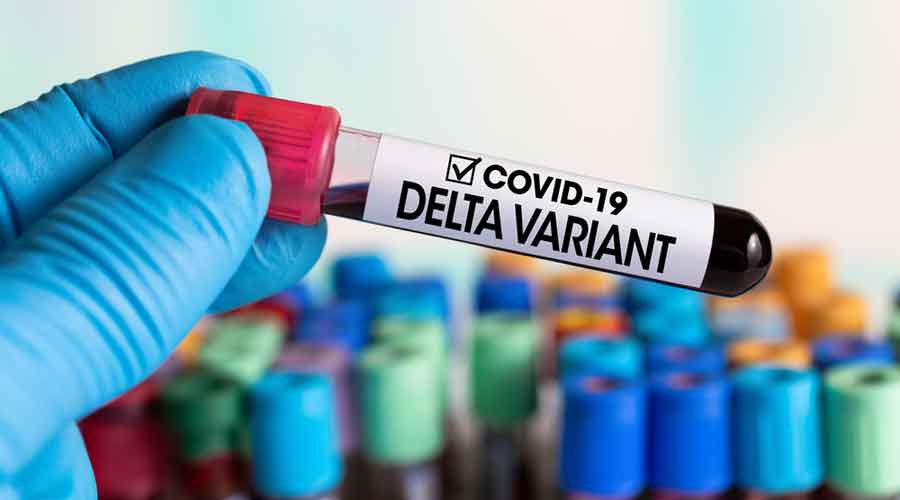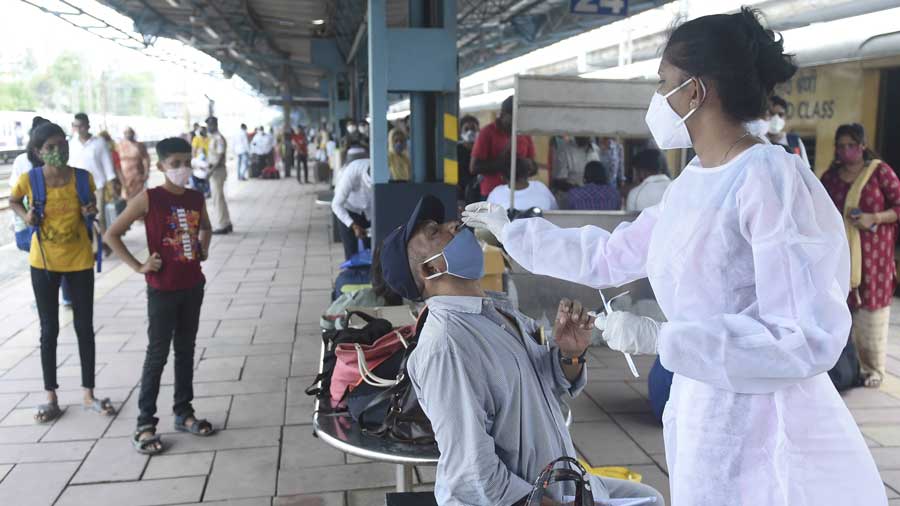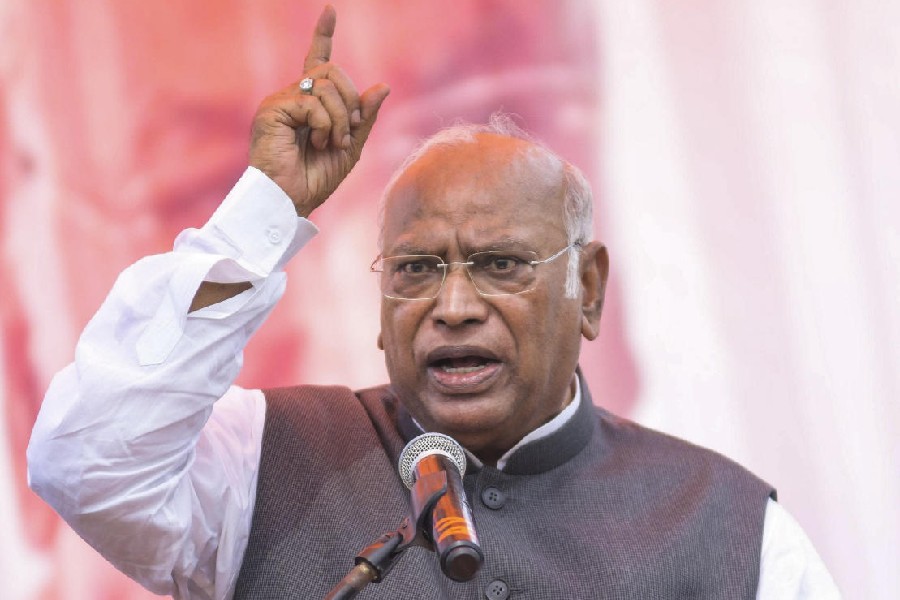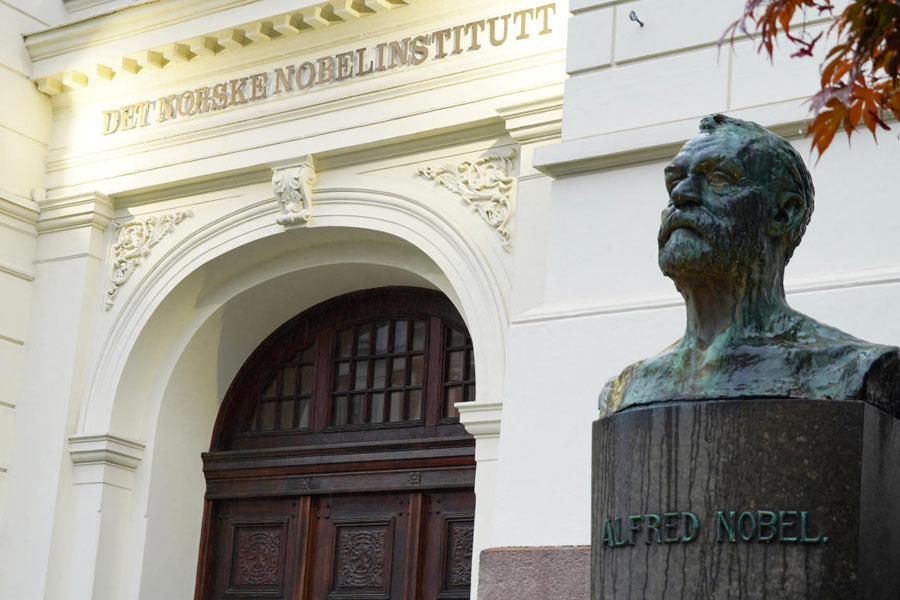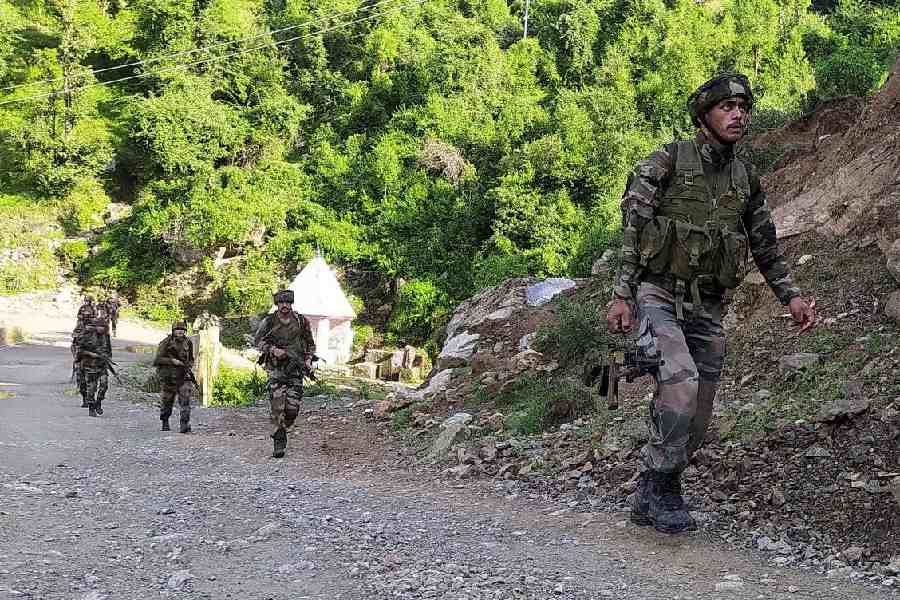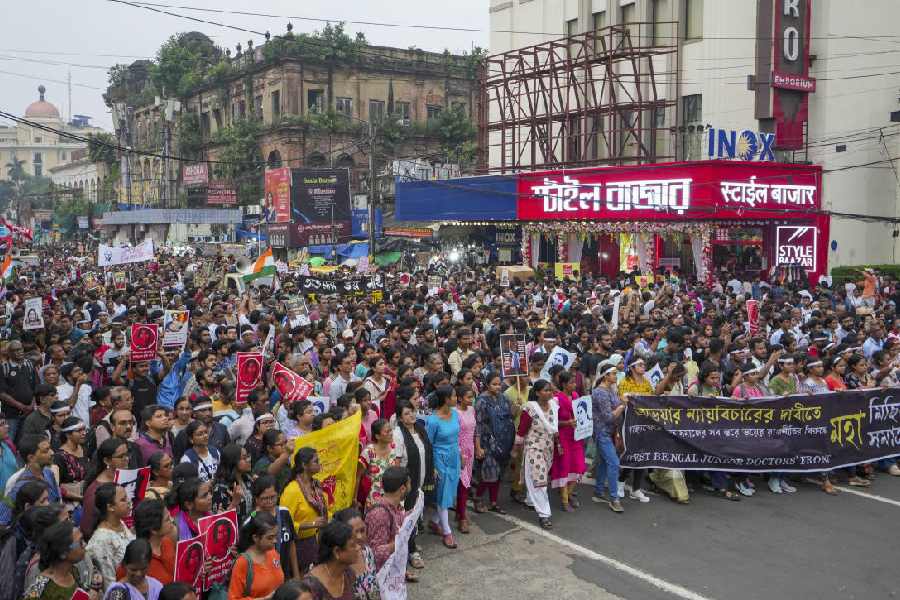Fresh lines of evidence have amplified concerns among health researchers that the highly infectious Delta variant driving India’s second Covid-19 wave also has the capacity to cause infections in people believed protected by vaccination or by previous Covid-19 episodes.
Researchers have found that the Delta variant, which now makes up over 50 per cent of sequenced viruses from new Covid-19 cases in eight states including Bengal, dominated infection clusters among vaccinated healthcare workers in three Delhi hospitals.
While severe disease in fully vaccinated healthcare workers was rare, the clusters of infections among the vaccinated individuals are “concerning”, the researchers from multiple institutions in India and the UK have said in a new study.
Their study has also suggested that the Delta variant has spread fast through its high transmissibility and capacity to evade immune responses and is able to dodge 20 to 55 per cent of immune protection provided by prior Covid-19 infections.
Lab measurements have indicated that antibodies generated by Covishield and Covaxin, among other Covid-19 vaccines, show reduced activity against the Delta variant, but the Indian Council of Medical Research has said residual activity is strong enough for both vaccines to work against the variant.
Senior ICMR officials have also underlined that vaccines work not only through antibodies but also through other arms of the immune system that can help mitigate the impact of a viral infection.
The new study by researchers at the University of Cambridge, India’s National Centre for Disease Control (NCDC), the Institute of Genomics and Integrative Biology, and collaborating hospitals in Delhi has provided fresh insights into how the Delta variant contributed to the second wave.
In a set of biological experiments, the researchers also observed that the Delta variant showed increased replication in tissues designed to mimic human airway cells, a feature they believe could lead to higher viral loads and easier transmission.
The Delta variant’s footprint has expanded in India alongside the second wave. The variant spread from one district in December 2020 to 52 districts by March 2021 and 174 by June, said Sujeet Singh, director of the NCDC, a lab coordinating a nationwide coronavirus genome sequencing effort.
In eight states — Andhra Pradesh, Bengal, Delhi, Haryana, Kerala, Maharashtra, Punjab and Telangana — the Delta variant now makes up more than 50 per cent of viruses sequenced from samples of new Covid-19 cases, Singh said.
Singh and other officials have asserted that irrespective of the variant in circulation, the response measures remain the same — early testing, treating, contact tracing, precautions such as masks and crowd avoidance, and vaccination.
The India-UK researchers hypothesised that given its capacity to evade immune responses, the Delta variant might compromise vaccine efficacy and sequenced so-called breakthrough infections among vaccinated healthcare workers.
In one Delhi hospital, they observed 30 Covid-19 infections among its 3,800 vaccinated staff and found on sequencing that the majority were caused by the Delta variant. They probed two other large hospitals and found the Delta variant similarly dominating infections among vaccinated staff there.
Their study observed 10 infection clusters during April and May caused by Delta in inoculated healthcare workers, most of whom had been fully vaccinated with two doses. But those infected after vaccinations did not develop severe disease — none needed ventilation, only one needed oxygen.
While the findings raise concerns about breakthrough infections, medical researchers not associated with the study said the absence of severe disease underlined the need for India to quickly accelerate its vaccination campaign.
However, independent studies have indicated that the coronavirus is gaining strategic mutations that might allow it to escape immune responses and that vaccines would require continual redesign.
The ICMR’s director-general, Balram Bhargava, said on Friday that vaccine redesign was an option, should that become necessary in the future.
“If need be, the vaccine composition can be changed as per the circulating variants of concern,” Bhargava said. “That can be done easily, more easily with the mRNA vaccines (such as Pfizer or Moderna), but also with whole virion vaccines (such as Covaxin) or other vaccines.”

